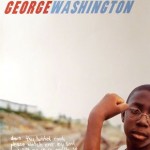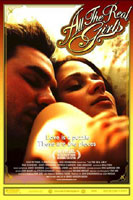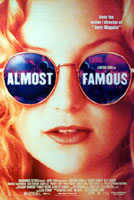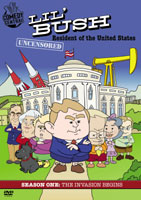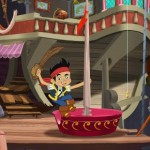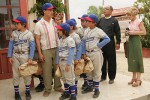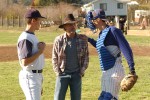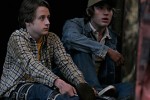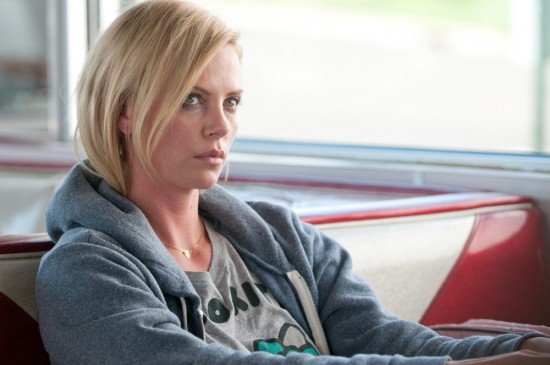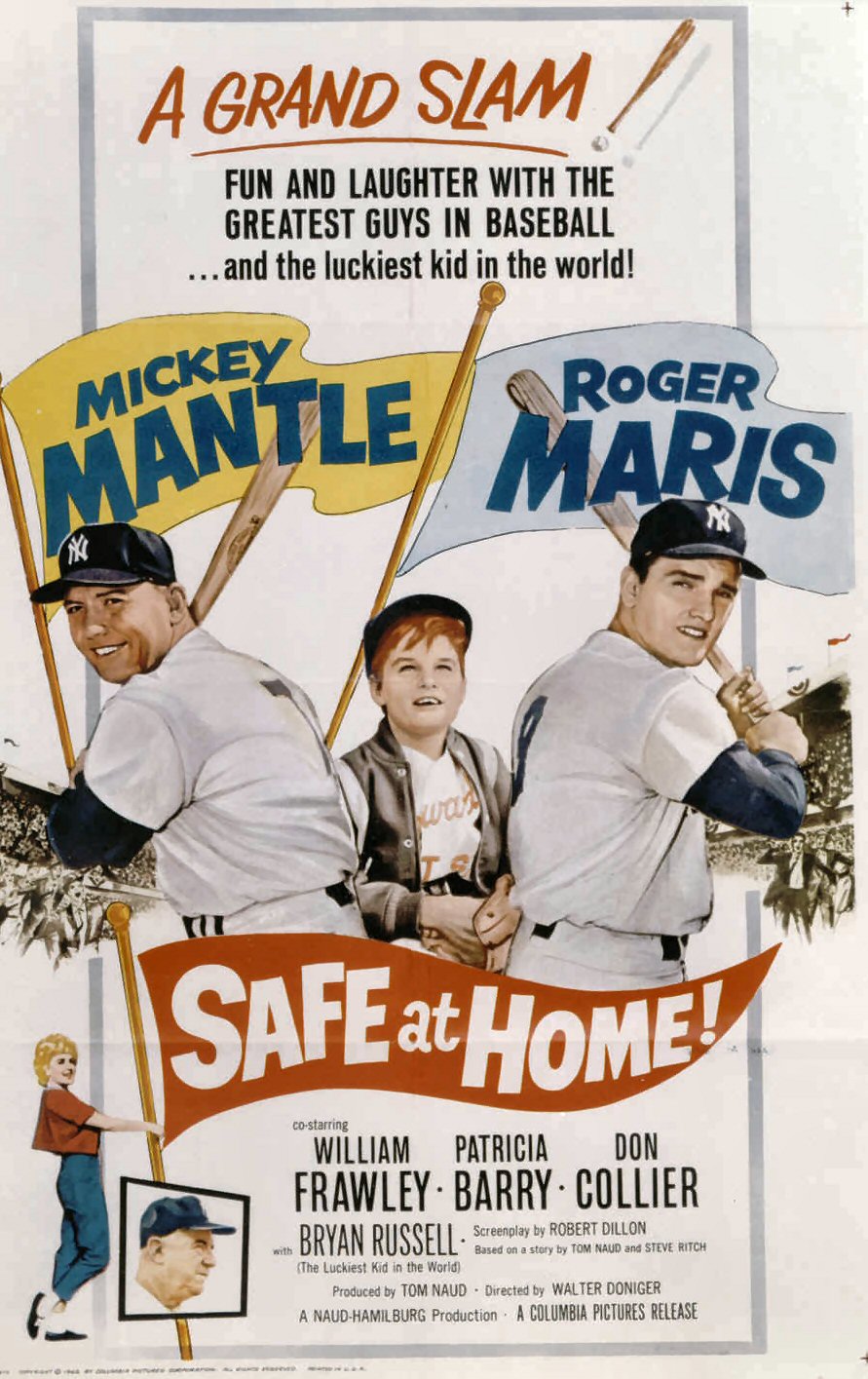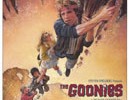It doesn’t take big events like a bank robbery, a massive earthquake or aliens landing on Earth to make a person grow. For most, it’s the small things in life that do the trick: that first kiss that ends in disaster, a baseball through Mr. Smith’s stain-glass window, the ceremonial flushing of a pet goldfish who ate one flake of fish food too many. But too often we go to the movies for the big bangs and excitement. It makes for a great two-hour escape from reality. But it’s also refreshing to occasionally confront life on the screen. So goes David Gordon Green’s George Washington, a quaint and heart wrenching film about a small group of children on the verge of adolescence growing up in a poverty-stricken part of North Carolina.
George Washington opens with the after church breakup of Buddy (Curtis Cotton III) and Nasia (Candace Evanofski), a pair just getting ready for the turmoil of junior high. Yet their breakup goes more along the lines of old-fashioned adult melodrama.
Buddy asks, “Can I kiss you one last time?” He goes on to declare his love for Nasia and implies they had a special bond. The last time I was that age, I was just starting to realize the whole guy-girl attraction thing. Love, well that was reserved for hyperbole purposes only: hot, buttered popcorn, riding my bike down a big hill without the brakes, staying up until the wee hours of the morning watching wrestling – simple stuff like that. Of course, you’re not supposed to take the breakup at face value. Adolescence is supposed to be about the simple things in life, yet Green takes the opportunity to eloquently show that these children live complex lives. And it’s not by choice.
Everything surrounding the kids is broken. Their homes are run down. Their daytime haunts are abandoned lots and parks strewn with everything from garbage to gutted cars. Inside an old stage a small tree has popped up through the old floor. The only place that seems to be in good shape is the local pool where all of the town’s kids gather during the summer. But even with the surrounding destruction, the children seem to share a common optimism.
Nasia is the film’s narrator, occasionally chiming in with her own personal commentary. She’s got a thing for George (Donald Holden), a bit of an outsider amongst his group. George has a soft head that keeps him out of the water. He’s often shown wearing a football helmet to further protect himself. Nasia sees a great future for George. She seems him as a future president. With the atrocious shape the town is in, the material world can only get better.
The one thing that does appear to be strong is the bond of friendship. Everyday the same group gets together to do much of nothing because there’s nothing better to do. Still, they enjoy just hanging out and exploring the same old spots. So when a tragedy hits, the group’s world is sent into disarray.
One of the big differences between a child and an adult is responsibility. Grown ups have lots, while a kid might have a pet turtle or a paper route to worry about. But the tragedy that befalls George, Nasia and the rest of the group forces them to take responsibility, or at least feel it. It’s the same coming-of-age tale that you often see with bikes, baseball and first kisses, only bikes and baseball are trivial in George Washington. We don’t live in a simple world and Green has captured the fact that you don’t come of age by hitting a home run or by building a soap box racer with dad. You come of age when you take responsibility for what you do.
George Washington, Green’s debut film, is filled with striking imagery. It has the feeling of a breathing issue of National Geographic as told threw the words of George Steinbeck and through the brush of Norman Rockwell. Cinematographer Tim Orr, who re-teamed with Green for All the Real Girls and also worked on Raising Victor Vargas, emphasizes the importance of location within the film. The plotting might seem slow at first, but when there’s such sweet lines as, “My mom’s so nice she’ll knit you a sweater when you first shiver,” Green keeps your attention on the simple things within the film.
It may seem like hyperbole, but George Washington is a remarkable film. With just two films under his belt now, Green is fast becoming something of a prodigy in the industry. His films might never make a lot of money, but as long as he keeps his work beautiful and captures the poetic truths behind everyday life in the world he knows, Green will continue to develop a core of support for his work.
George Washington Gallery
Trailer



